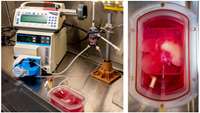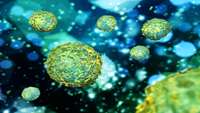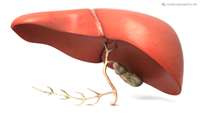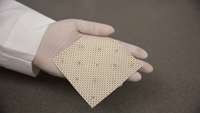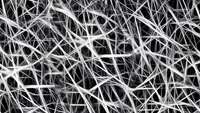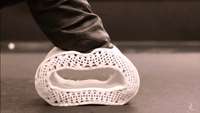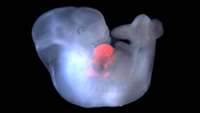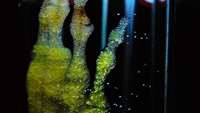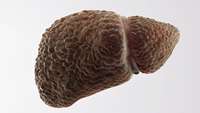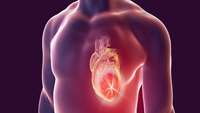University of Pittsburgh First to Grow Genetically Engineered Mini Livers
Researchers at the University of Pittsburgh School of Medicine are the first to grow genetically modified miniature human livers in the laboratory, to emulate human liver disease progression and test therapeutics.
Immune find could aid stem cell therapy quest
A discovery of how stem cells are protected from viruses could inform the development of therapies for use in medicine, research suggests.
Liver transplants could be redundant with discovery of new liver cell
In a paper published today in Nature Communications, the scientists have identified a new type of cell called a hepatobiliary hybrid progenitor (HHyP), that forms during our early development in the womb. Surprisingly, HHyP also persist in small quantities in adults and these cells can grow into the two main cell types of the adult liver (Hepatocytes and Cholangiocytes) giving HHyPs stem cell like properties.
Researchers develop electric field-based dressing to help heal wound infections
Researchers at Indiana University School of Medicine have found a way to charge up the fight against bacterial infections using electricity.
Nanofiber-hydrogel composite allows soft tissue to regenerate
A team of researchers at Johns Hopkins School of Medicine has developed a gel that, when injected into test animals, allowed new soft tissue to grow—replacing lost tissue. In their paper published in the journal Science Translational Medicine, the group describes their work developing the gel and how well it worked in test rats and rabbits.
3-D-printed hyperelastic bone may help generate new bone for skull reconstruction
Defects of the skull and facial bones can pose difficult challenges for plastic and reconstructive surgeons. A synthetic material called hyperelastic bone—readily produced by 3-D-printing—could offer a powerful new tool for use in reconstructing skull defects, reports a study in the May issue of Plastic and Reconstructive Surgery, the official medical journal of the American Society of Plastic Surgeons (ASPS).
World’s first human-monkey hybrid created in China, scientists reveal
Scientists say they have created the world’s first human-monkey hybrid in a laboratory in China.
Cancer drugs promote stem cell properties of colorectal cancer
Scientists from the German Cancer Research Center (Deutsches Krebsforschungszentrum, DKFZ) and the Mannheim University Medical Center have now discovered that a certain group of cancer drugs (MEK Inhibitors) activates the cancer-promoting Wnt signaling pathway in colorectal cancer cells.
Discovery of a Liver Stem Cell Could One Day Make Liver Transplants Redundant
If a persons liver starts failing, the only medical option we currently have is to replace this vital organ, either partially or fully. But now, the discovery of a new type of liver cell has scientists hoping for a less invasive and risky treatment alternative.
Duke-NUS study: New technique shows promise for heart muscle regeneration
Researchers at Duke-NUS Medical School, Singapore, have developed an approach to regenerate heart muscle using stem cells.


